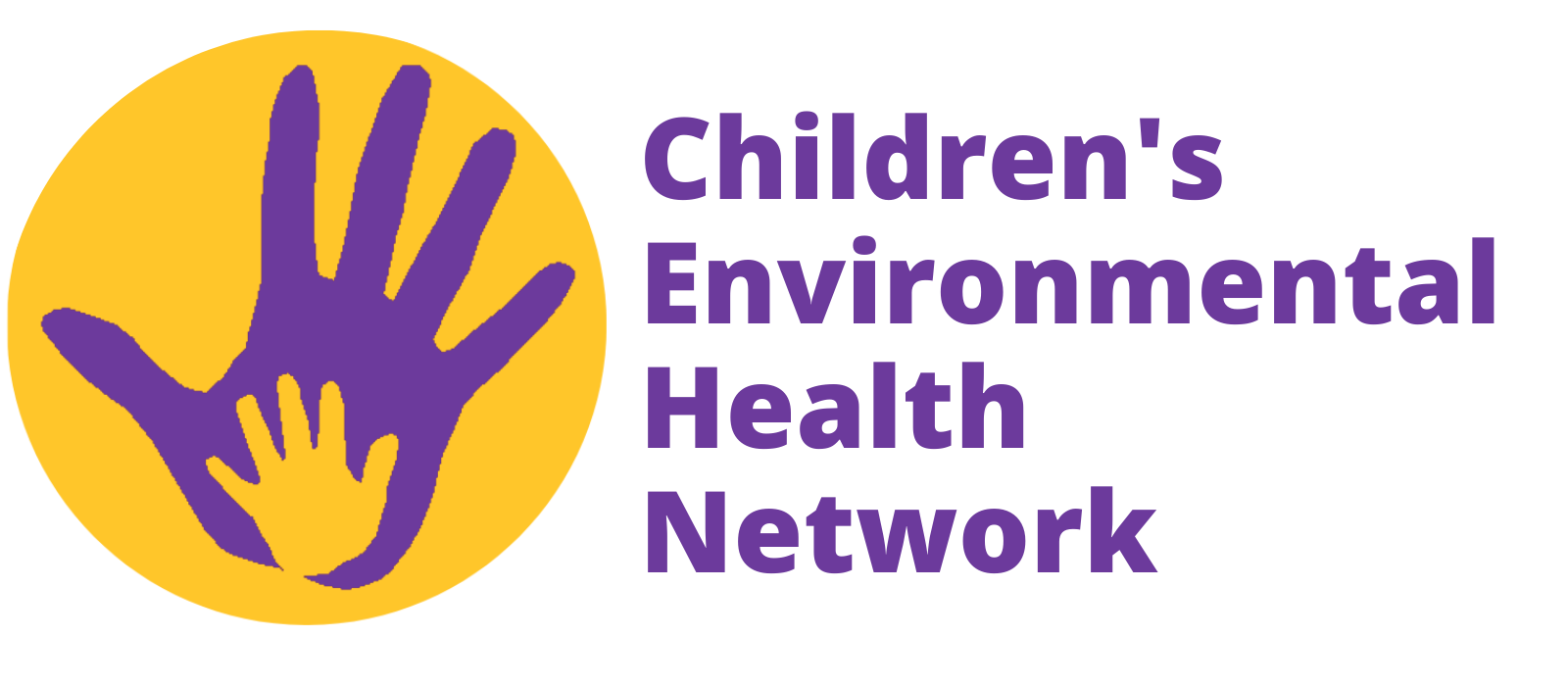
June is Healthy Homes Month
By Hannah Wilkerson, Program Associate, Children's Environmental Health Network
It’s Healthy Homes Month! To celebrate, take some time this June to improve the environmental health of your home or home-based child care. Healthy homes and child care sets children up to thrive. Children are especially vulnerable to environmental hazards in homes because of their developing bodies, underdeveloped immune system, and behaviors like mouthing items, crawling, sitting, and laying on the ground.
Lead is a particularly dangerous threat to children’s health in homes. It can be found inside houses in paint, water, consumer products (e.g. toys and costume jewelry), and dust. It can also be found in contaminated outside soil. Lead is a powerful neurotoxic heavy metal that can permanently alter a child’s life, leading to behavior and learning problems, and lowered IQ. Adult exposure can lead to reproductive issues, kidney problems, cardiovascular disease, and nerve disorders. While lead is dangerous to both adults and children, the people most at risk of exposure are those who are pregnant or breastfeeding and children under the age of six, because they are in a rapid state of development or nurturing a young child who is in a vulnerable state of development.
Disparities in lead exposure exist for lower-income households and neighborhoods and Black, Latinx, and Indigenous children. These communities are more likely to live in housing that is of poor quality and near polluting industries putting them at greater risk of lead hazards.
Tips for maintaining a lead-safe home:
- Maintain your home to minimize lead paint hazards like chipping, cracking, or peeling paint.
- Renovate safely. If you are planning to paint, renovate or remodel a home built before 1978, use contractors certified by the EPA for lead-safe work practices
- Test any bare soil in or around your home for lead by an EPA accredited lab. Cover bare soil with mulch or ground cover.
- Go shoe-free inside to reduce lead-contaminated soil inside.
- Frequently wash hands, especially after coming inside from working or playing in the yard and before eating
- Use only cold water for drinking and cooking, especially when making baby formula, as cold water is less likely to leach lead from pipes or fixtures.
- Test your water for lead and use water filtration devices that have been certified to remove lead (look for filters that have been tested by an accredited third-party certification body or bodies for lead reduction and particulate reduction (Class I) capabilities against both NSF/ANSI Standards 42 and 53, like ZeroWater's 5-stage filtration water dispenser/pitcher or ExtremeLife™ Faucet Mount filter).
To learn more about protecting children's (and adults) health from environmental hazards in the home or home-based child care, check out the Eco-Healthy Child Care® factsheets, the newly updated Protecting Children’s Environmental Health E-Course, or the Lead-Safe Toolkit for Home-Based Child Care.
During June, you can win a Healthy Homes Prize Package by joining the Children’s Environmental Health Network’s 30th Anniversary Fundraiser. Fundraisers who complete three activities that help make their homes healthier can enter to win one Short-Term Radon Test Kit from the American Lung Association and their choice of one ZeroWater 5-stage filtration water dispenser/pitcher or ExtremeLife™ Faucet Mount filter (both NSF/ANSI certified to reduce lead), plus 5% off coupon to ZeroWater store. Learn more and enter at https://bit.ly/CEHNfund30.


